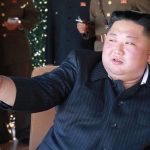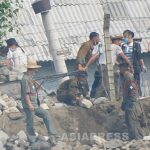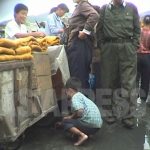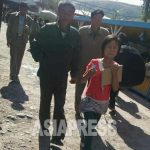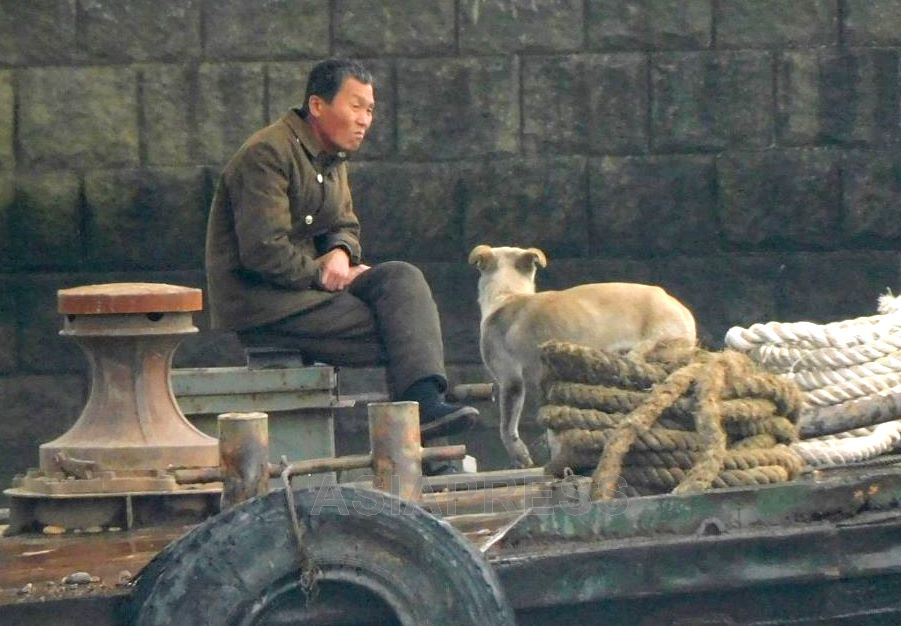
<Inside N. Korea>North Korea's "10x Wage Increase" One Year Later: What Happened? (2) "No One Says Life Has Improved" - "Forced Attendance Makes Us Feel Like Government Slaves"
At the end of 2023, the North Korean regime raised wages for state-owned enterprises and civil servants across the board. Compared to early that year, it was about a 10-fold increase - a dramatic wage hike. Additionally, food rations for 7-10 days were provided, but only for the workers themselves. While there were slight variations between companies and workplaces, this was clearly a "national wage increase policy" rather than decisions made by individual institutions or companies. Has this "wage" been properly paid since then? What was the Kim Jong-un regime's intention? ASIAPRESS report in two parts. (By ISHIMARU Jiro / KANG Ji-won)
◆ Even with 10-fold increase, only about 2 US dollars per month
In December 2023, ASIAPRESS investigated the "significant wage increase" situation at copper mines, iron mines, paper factories, shoe factories, and local government civil servants in North Hamgyong Province and Ryanggang Province. Here's an overview of monthly wages, which vary somewhat by company and position:
Civil servants: 35,000-50,000 won
Teachers: 38,000-50,000 won
General workers at state-owned enterprises: 35,000-50,000 won
"Retirement pensioners": 25,000 won
※ At the time of the survey, 1 US$ was worth about 8,100 Korean won. Currently, it's about 21,000 won.
According to subsequent investigations and reporting partners in various regions, the same "wage increase" was implemented outside North Hamgyong and Ryanggang Provinces, and these levels have been maintained as of February this year.
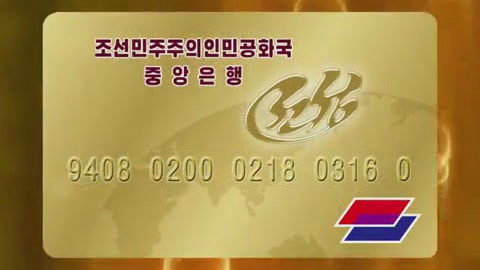
◆ Basic salary appears to be paid by the state
These wages seem to be basically paid by the state. Moreover, some companies have increased wages based on profits, creating disparities between enterprises. Since last year, some companies have also been paying additional wages of 3,000-5,000 won to workers who work overtime or achieve results - a kind of bonus concept.
"There are big differences in treatment between companies, so many people want to move from places with poor conditions to better ones," says a reporting partner from Ryanggang Province.
◆ Wages paid via payment cards
Most wage payments are made through payment cards, with cash payments gradually disappearing. Money is deposited into personal bank accounts or payment cards (similar to debit cards) issued by companies/institutions, which can be used at state-owned stores, markets, and "grain sales stores".
A reporting partner from Ryanggang Province says:
"Some stores don't accept cash payments, and cards are convenient, so there's less need for cash. You can even pay phone bills with them. The problem is frequent power outages. When stores' payment machines can't be used, you have to pay in cash. The government says they'll eventually make everything card payments and eliminate cash transactions, but we don't know when that will be possible."
In rural areas where the electricity supply is unstable, payment cards have not really spread yet.
◆ Directing people to "grain sales stores"
Around January 2023, the government banned food sales in markets. Rice and corn vendors completely disappeared from markets (sales of miscellaneous grains, powder, and noodles are allowed). Simultaneously, they have been gradually reviving state-owned food monopoly shops called "grain sales stores" since 2019. While the situation in Pyongyang is unclear, these have become the only places to buy food in provincial cities.
"The authorities' notice was to use the increased wages to buy food at state-owned 'grain sales stores' to supplement insufficient rations. They explained that depositing wages to cards was necessary because if paid in cash, people might trade food privately or money would flow to markets and not return to the state," says a reporting partner in Ryanggang Province.
In just one year, the digitalization of North Korean won has progressed rapidly, aiming to completely control money flow by the state and concentrate the distribution of goods, including food, in the state-owned distribution network by separating it from individuals.
The Kim Jong-un regime adopted the "Electronic Payment Law" in October 2021 to establish systems for spreading digital currency. Article 1, "Mission of the Electronic Payment Law," states:
"The Democratic People's Republic of Korea's Electronic Payment Law contributes to reducing cash circulation and increasing non-cash circulation while facilitating currency circulation by strictly establishing systems and order in electronic payment operations." (To be continued)
※ ASIAPRESS communicates with its reporting partners through Chinese cell phones smuggled into North Korea


